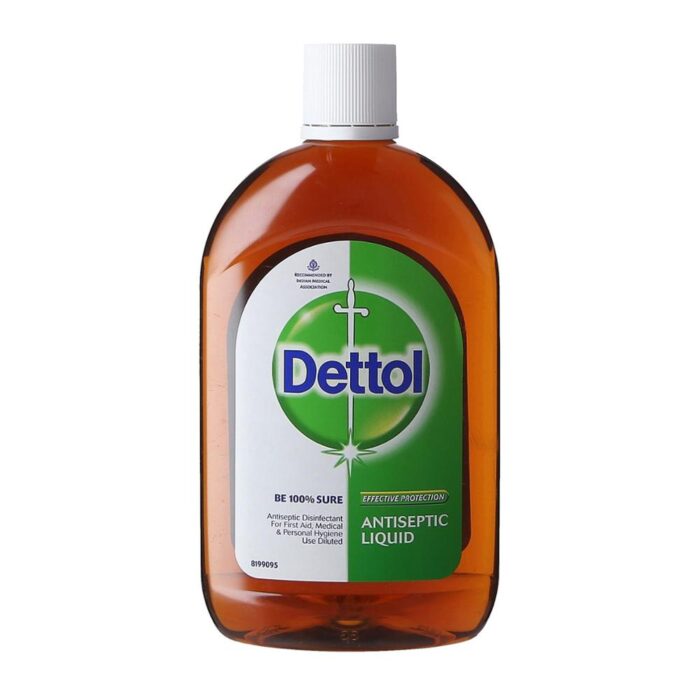The first memory of Dettol, is its distinct smell. And during the recent pandemic and COVID era, Dettol has become an indispensable part of almost every household, in the countries it is sold in. But how has this brand continued to keep itself relevant and also deliver a high recall value, so much so that Dettol is synonymous with any antiseptic liquid? Let’s take a look at the brand’s history, its marketing strategies and what has it done to be the brand it is.

Inception
In the early 1930’s when a lot of mothers and their children were dealing with life-threatening sepsis, the world was in dire need for a potent disinfectant. Thus, was born Dettol, from Reckitt (then known as Reckitt Benckiser) in 1933, which after testing at different maternity and healthcare facilities, brought this deadly disease by nearly 50%.

Soon, it was brought to India, and marketed as Dettol, with the idea of “trusted protection”. Steadily it lived up to its idea and introduced other products like soaps, plasters and handwashes. These products too gained massive acceptance among audiences and to support them, their advertising and branding strategy helped them a great deal.
Brand Identity

Dettol has always exhibited a unique brand identity. It is such that any person would feel a sense of trust on using it. With taglines “Be 100% Sure”, “Families that use Dettol regularly fall ill less often”, instill a sense of surety and confidence in the user. This helps in building a connection with the audience. This shows, that having and communicating a clear identity goes a long way in making any brand a success.
Advertising strategies and campaigns
The brand has used simple and lucid advertising in order to convey their message of it being a trustworthy and best available brand. Dettol has focused on creating healthy habits and homes, like washing hands before having food, washing oneself after play etc… which can be easily achieved with their product’s help.
Their campaigns followed a consistent and straightforward premise of educating the masses on healthy habits and also conveying the product’s benefits, over all these years. Being consistent has re-instilled trust and guaranteed safety, repeatedly, thereby building trust and loyalty in the brand.
Lessons to learn from Dettol
It is important to invoke positivity and a sense of happiness and trust, if one wants a brand to sustain longer. Every brand has its story and every story that invokes positive emotions, goes a long way.
Building a connection with the audience will help brand recall. Its not just the appearance, but the promise that the brand holds, which distinguishes it from others.
It is important to make the brand relevant in every time and phase. For example, during the COVID phase, Dettol’s brand communications were directed to the audience informing and educating them about the various precautionary measures like washing hands for minimum 20 second, wearing a mask, sanitizing often etc…















